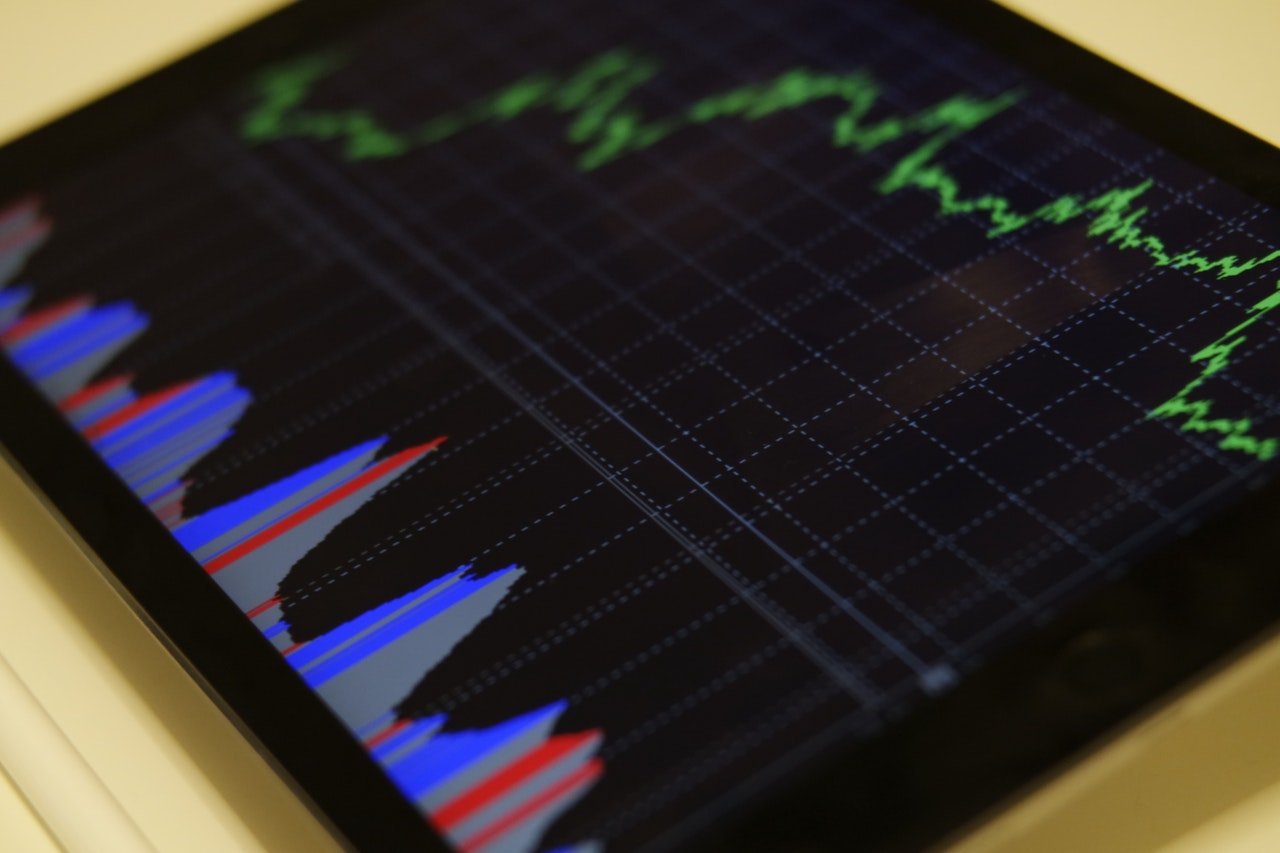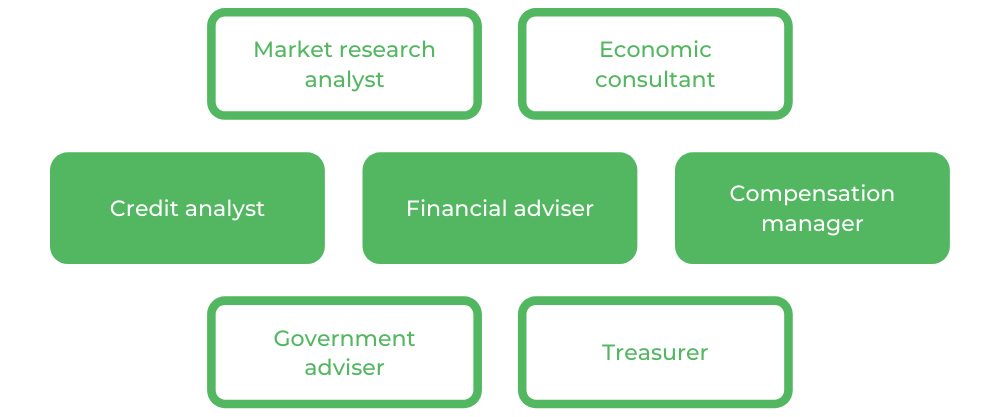If you’re thinking about a Bachelor of Economics at Monash, you should have already seen our previous article. If not, go and have a read to learn all the details on this degree, including what it’s really like!
Now it’s time to jump into some more personal discussion about this course. We’ve spoken to Joel, a fourth year Economics student about what he’s enjoyed, and what hasn’t been so great.
Keep reading to learn more!
Why should you study an Economics degree at Monash?
Top 3 Pros of an Economics Degree
Top 3 Cons of an Economics Degree
Mistakes You Shouldn’t Make
Things to Know Before Starting Monash Economics
What Makes this Degree Different
Motivations for Studying Monash Economics
Potential Career Paths
Why should you study an Economics degree at Monash?
“It’s an opportunity to be taught by professors with a tonne of published work. [You’ll be] placed in a cohort of highly talented individuals who will push you to do your best.
“[It’s also a] recognised degree from a highly respected business school with the opportunity for work integrated learning. There’s lots of opportunities to gain workplace experience before you finish if you study hard and make yourself stand out,” Joel said.
That’s a pretty stellar review, if you ask us. There’s plenty of reasons why a Bachelor of Economics at Monash may be the degree for you!
Top 3 Pros of an Economics degree
#1: The subjects
Joel told us the biggest pro is that there is “interesting and relevant subject material with models and theory you can link to events that unfold in the world as you study.”
What does he mean by this? Well, Monash takes care to include subjects in the degree that not only teach theoretical ideas, but link to real practice.
One example is Business and Economic Statistics, which is a compulsory subject in which students learn about organisation of financial data. You’ll get a great understanding of how to analyse, create charts and procure accurate economic measurements — all skills that can be used in the workplace!
Additionally, capstone subjects help students to focus on practical elements relevant to their specialisation.
#2: Options for work-integrated learning
Another practical element! Through Monash Business School, students can opt to participate in the Work Integrated Learning Program (WIL).
You will take on an industry placement, which gives really practical experience and can be used as credit towards completion of your degree! These placements can either be sourced for you by Monash, which run over winter and Semester 2 each year, or you may find your own internship that you’re really interested in.
Participating in this program is highly recommended, as employers are increasingly looking for students who have practical experience upon graduation.
#3: The community
Your uni experience is really shaped by the community you are around and the general atmosphere for the cohort.
Fortunately, Joel mentioned, “The Monash Clayton campus [where most Economics subjects are taught] has a great vibe with lots of clubs and societies to meet people in.”
You might like to get involved in the Economics Student Society of Australia (ESSA), which is in conjunction with Melbourne Uni (sounds kind of fancy, right?). Here, you’ll get to participate in industry events, pub crawls, and just find great people to befriend.
You can also find a full list of other Monash clubs here!
Top 3 Cons of an Arts degree
#1: The competitiveness
Like many undergraduate degrees, Economics can be challenging to get a job out of, and people often want the top spot. In addition to this, the ATAR for this degree currently sits at 86, so you’re going to be studying with a lot of smart kids.
“[It’s a] highly competitive cohort — you will have to work hard to stand out and succeed,” Joel told us.
If you’re not someone who enjoys competition or you want to work at your own pace, this may not be the degree for you. However competition isn’t necessarily a bad thing — it spurs hard working students on to do their very best!
#2: Assessment structure
This point kind of ties into the last one. In a Bachelor of Economics, the assessment schedule is pretty fierce. You will have a variety of tests and essays. The mid semester and end of semester assessments often come with high weightings, so you need to be on your A-game.
“Some subjects can have one-shot assessments, either tests or essays, worth 40% of the final grade, with the final exams worth 60%… some people might not vibe with that or might have a bad day and suffer quite a bit,” Joel explained.
For those who flourish under high pressure conditions, this style might be okay, but it’s definitely something to keep in mind.
#3: Subject progression
At Monash, three of your first and second year subjects will be compulsory, economics-wide subjects before stepping into the basic subjects for your specialisation. This structure means it takes a while for content to get juicy.
Joel told us that the units are “initially very foundational, but they get interesting later on”.
You may need to keep this in mind when enrolling. Though this is a great course, it may not seem like the most interesting thing you’ve ever done. However, a good foundation is vital in academic study, so after a little bit of patience and persistence, you’ll be well on your way.
Any regrets?
There’s a couple of little things that Joel regrets about his study experience. However, he’s been very forthcoming in admitting them, which is a great testament to the fact that reflection is really important when you’re studying. Even if you’re not completely satisfied with your experience, there’s always time to turn it around!
On a social note, Joel said he regrets “not making friends in [his] faculty who could have motivated [him]”.
It’s been harder recently because of COVID-19, but uni friends are great on a few levels. They give you a great uni experience and encourage you to keep pursuing your degree. Studying at uni can be challenging, but if you’ve got mates to do it with, it gets easier.
What do you wish you had known before starting Economics at Monash?
At Monash you get individual and group consultation times with tutors. These are kind of like small tutorials, where you can go over things you are learning and ask detailed questions.
What makes this degree different from the ones offered at other universities?
Monash Business School, which a Bachelor of Economics falls under, is really practical and provides students with great hands-on experience. There are some other great Economics degrees in Victoria, particularly at Melbourne University.
However, most of these other degrees are based heavily in academia, with not as much access to practical experiences. Described as Melbourne’s ‘down to earth’ uni, Monash will make sure you get in on the action.
Really, it’s all about how you like to study and what you anticipate as your career trajectory. It’s worth checking out the other unis on offer to you!
What inspired you to choose Economics at Monash?
Joel told us, “Monash Business School is highly respected and the degree structure means you are workforce ready in 3 years.” In many universities, students complete Commerce for three years before specialising in Economics later.
There’s also some practical perks to studying at Monash! Joel reminded us that the campus is “very, very nice”. This will hopefully make you want to go into uni.
What are the possible career paths?
As we’ve mentioned in our previous article, a Bachelor of Economics at Monash has two distinct specialisations — Economic Policy in addition to Mathematical Economics and Econometrics.
They have slightly different career paths. Ultimately, though, Economics has a wide range of careers you could take on. These include:
-
- Market research analyst
- Economic consultant
- Credit analyst
- Financial advisor
- Compensation manager
- Government advisor
- Treasurer
Almost all of these careers can be taken on straight out of undergraduate study, too, so you have lots of scope to explore!
And that’s it! Now you know all about a Bachelor of Economics at Monash, you’re set to take on your university study. Of course, everyone is different, so take a look at all the different degree options available and pick the one that is right for you!
Lucinda Garbutt-Young hopes to one day be writing for a big-shot newspaper… or maybe just for a friendly magazine in the arts sector. Right now, she is enjoying studying a Bachelor of Public Communication (Public Relations and Journalism) at UTS while she writes on the side. She also loves making coffees for people in her job as a barista, and loves nothing more than a sun shower.





